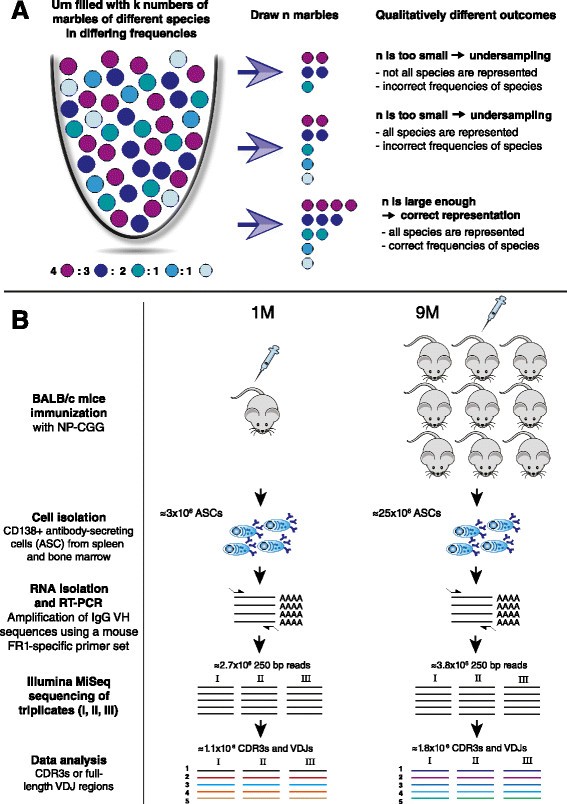
Fast forward to 2023, and antibody production gradually migrates from hybridoma technology to more advanced phage display systems. However, the groundbreaking development in the history of antibodies was the development of the first custom monoclonal antibody in 1975. Also, two researchers developed the clonal selection theory, highlighting how the B-cells produce an antibody before releasing it to fight an antigen, disputing the then-popular notion that the antigen functions as an antibody creation template. Other significant developments in antibody development include discovering the antibody structure and the discovery of B-cells as the specific lymphocytes that produce antibodies. Therefore, besides preventing disease, epidemiologists and other researchers could use antibodies to cure illnesses. However, the ground-breaking publication above not only identified antibodies as the agents behind successful inoculation but revealed their potential as curative agents. The scientific community was already aware of elements in the body that prevent disease, thanks to the inoculation (vaccination) campaign against smallpox in the 1770s. The two co-published a paper showing that the transfer of blood serum from livestock immunized against diphtheria to livestock infected with the disease cured the latter. Brief History of AntibodiesĪccording to one historical account, the first mention of antibodies was in the 1890s in a publication by two pioneer immunologists. Below is an overview of custom antibody production, including the production, steps, applications, and advantages of using custom antibody services. Custom antibody production services facilitate antibody creation for projects whereby commercially available antibodies will not do. Thankfully, advances in biotechnology and recombinant protein production led to the development of custom antibody techniques.


However, while endogenous antigens are literal lifesavers, their specificity limits their applications outside the body. Their primary function is to attach to the antigens via a lock-and-key mechanism, pacifying the latter. Antibodies are innate products of the body’s adaptive immune system, produced in response to disease-causing pathogens called antigens.


 0 kommentar(er)
0 kommentar(er)
